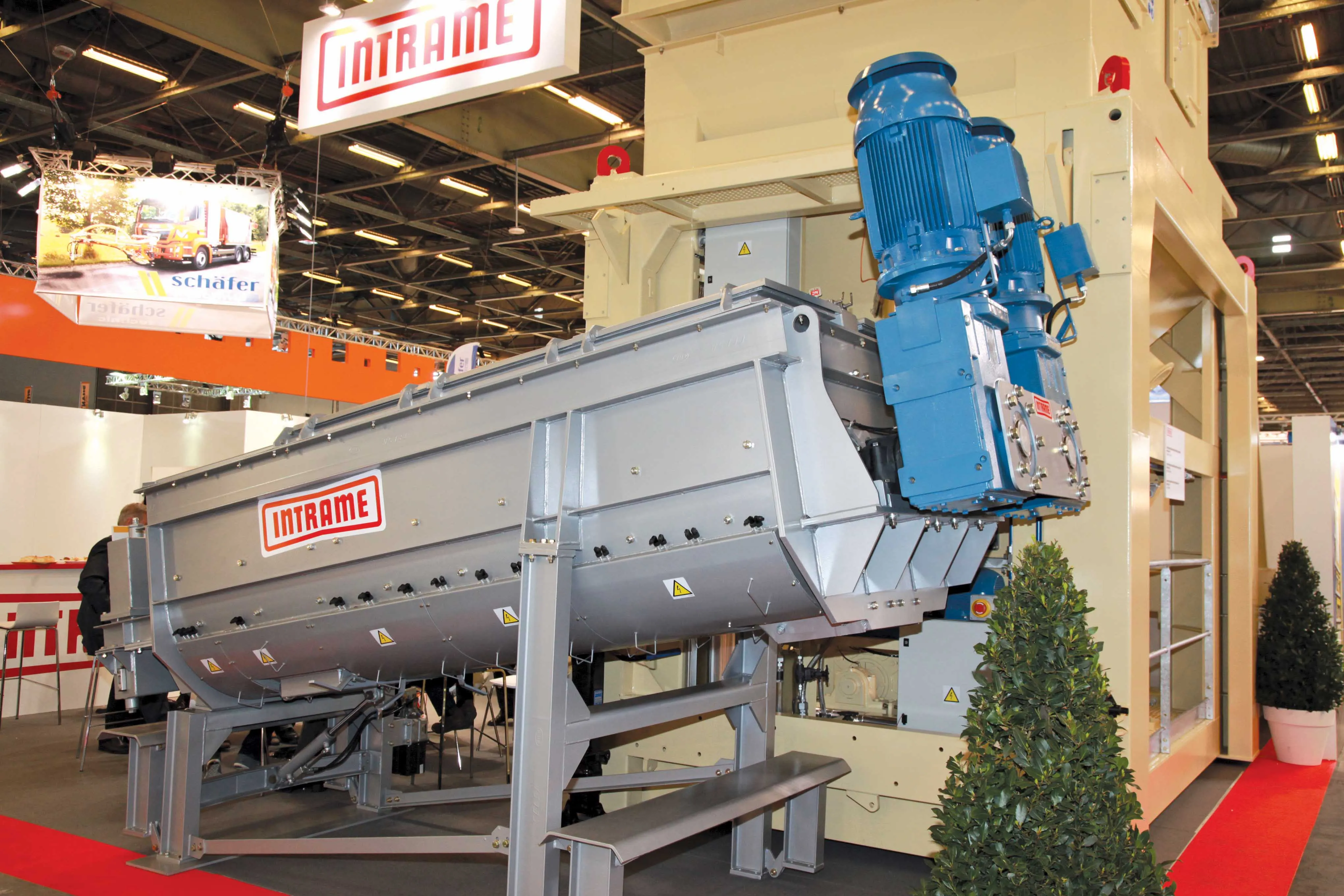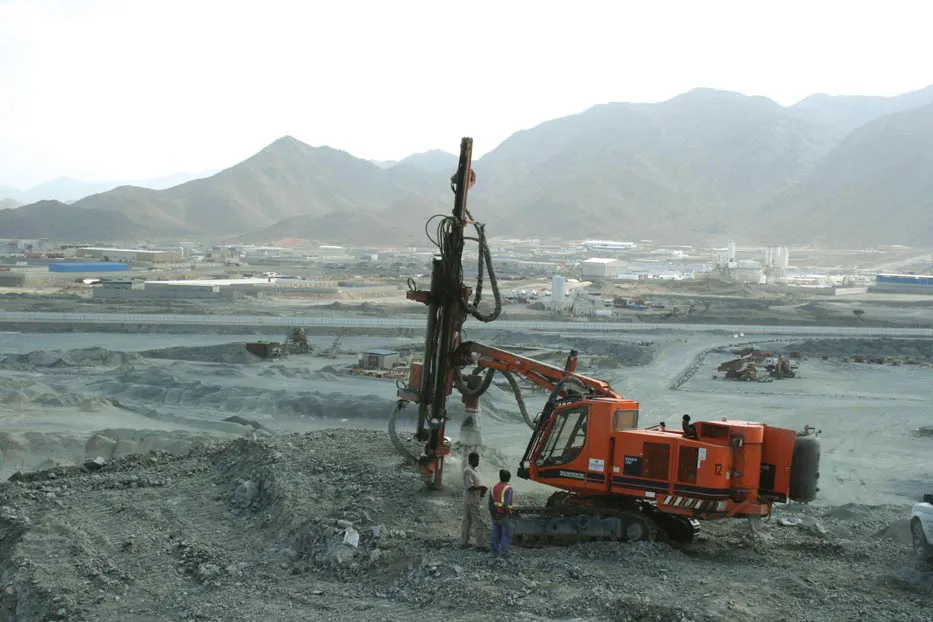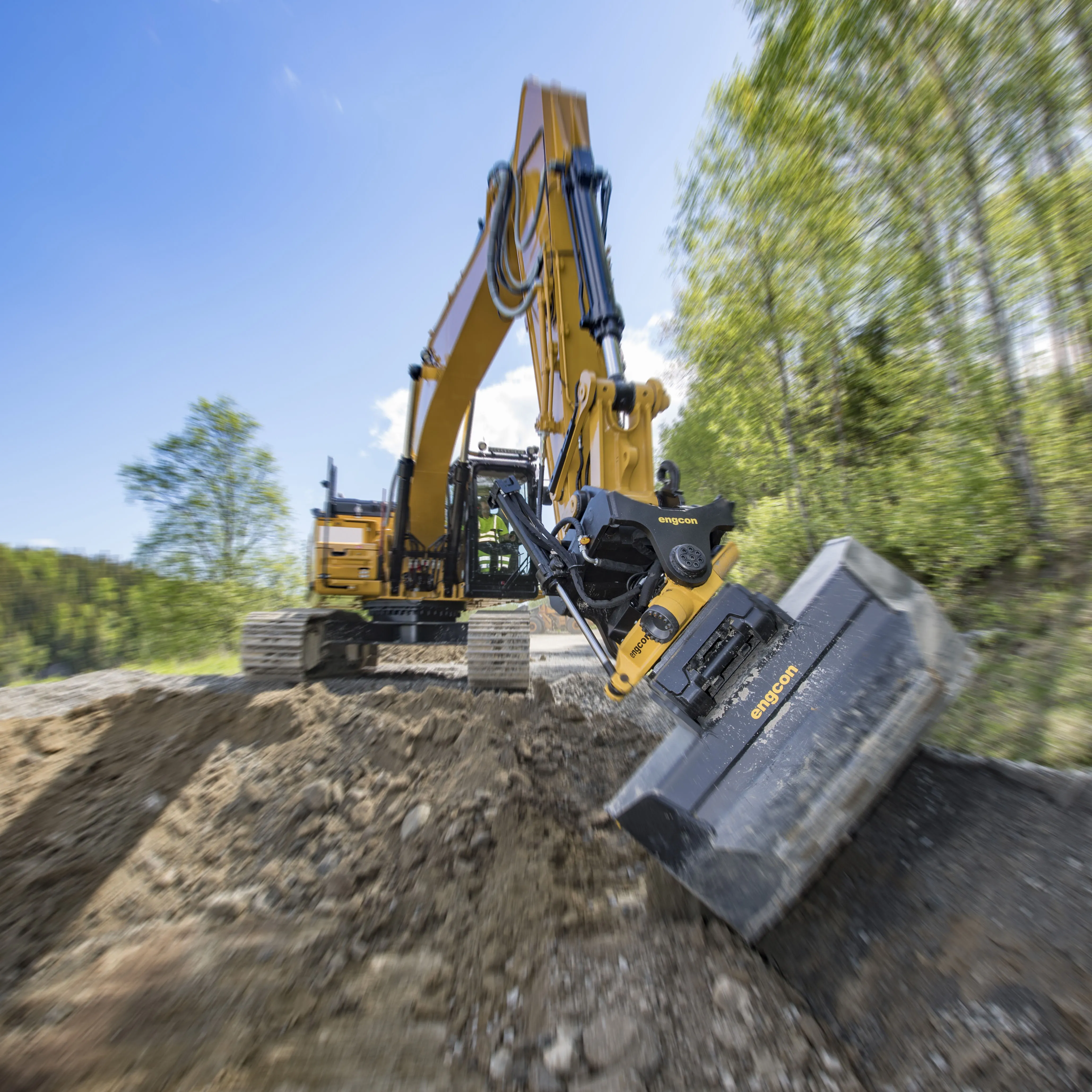In the US state of California, legislators have now decided to delay tough regulations on emissions from construction equipment fleets. In California construction firms with large machine fleets were preparing themselves for having to re-engine older machines, buy new equipment or risk losing contracts.
February 23, 2012
Read time: 3 mins
In the 972 US State of California, legislators have now decided to delay tough regulations on emissions from construction equipment fleets. In California construction firms with large machine fleets were preparing themselves for having to re-engine older machines, buy new equipment or risk losing contracts.
The California Air Resources Board has now said it will allow companies more time to comply with the tough emissions targets, because construction activity in the state has dropped by some 50% since the regulations were announced three years ago. This drop has reduced engine emissions. The legislators are now considering how the construction industry can meet California’s stated aim of cutting diesel emissions by 2014, the date required to meet federal clean air standards.
However although economic factors have been given as the main reason for reviewing the emission rules, the legislators have also admitted that they had overestimated the air pollution caused by construction equipment as well as buses and trucks.
An examination of the figures has revealed that California has around 200,000 fewer construction machines than the regulators had originally calculated. As a result, it had been assumed construction machines in the state were producing anything from 50-80% more exhaust emissions. This piece of information has attracted strong criticism from the industry, which has been requesting better data on the quantities of exhaust emissions from California’s construction machines. As a result the construction industry is now calling for a five year delay of the emissions regulations.
The rules were passed in 2007 and require diesel driven construction equipment to be replaced, re-powered or fitted with emissions capturing systems over the next 15 years. Large fleets have until 2020, while fleets with less than 20 machines have until 2025.
And nor is such a mistaken use of data confined to California. Similar low emission regulations were considered for construction machines operating in UK capital London some years ago. Regulators proposed the introduction of rules that would require only new construction machines featuring the latest low exhaust emissions/noise technology to be used within the city’s low emissions zone. Many construction machines were also to have been fitted with after-treatment systems to further cut particulates as well as NOx. However after some discussion it soon transpired that the emissions levels from construction equipment claimed by those wanting to introduce the regulations were wrong. A simple check of the arithmetic revealed basic errors that would embarrass a school child.
Clearly old diesel driven construction machines can have high exhaust emissions levels that may be unacceptable for use in many urban operations. However regulators should learn not to make judgements using incorrect data.
The California Air Resources Board has now said it will allow companies more time to comply with the tough emissions targets, because construction activity in the state has dropped by some 50% since the regulations were announced three years ago. This drop has reduced engine emissions. The legislators are now considering how the construction industry can meet California’s stated aim of cutting diesel emissions by 2014, the date required to meet federal clean air standards.
However although economic factors have been given as the main reason for reviewing the emission rules, the legislators have also admitted that they had overestimated the air pollution caused by construction equipment as well as buses and trucks.
An examination of the figures has revealed that California has around 200,000 fewer construction machines than the regulators had originally calculated. As a result, it had been assumed construction machines in the state were producing anything from 50-80% more exhaust emissions. This piece of information has attracted strong criticism from the industry, which has been requesting better data on the quantities of exhaust emissions from California’s construction machines. As a result the construction industry is now calling for a five year delay of the emissions regulations.
The rules were passed in 2007 and require diesel driven construction equipment to be replaced, re-powered or fitted with emissions capturing systems over the next 15 years. Large fleets have until 2020, while fleets with less than 20 machines have until 2025.
And nor is such a mistaken use of data confined to California. Similar low emission regulations were considered for construction machines operating in UK capital London some years ago. Regulators proposed the introduction of rules that would require only new construction machines featuring the latest low exhaust emissions/noise technology to be used within the city’s low emissions zone. Many construction machines were also to have been fitted with after-treatment systems to further cut particulates as well as NOx. However after some discussion it soon transpired that the emissions levels from construction equipment claimed by those wanting to introduce the regulations were wrong. A simple check of the arithmetic revealed basic errors that would embarrass a school child.
Clearly old diesel driven construction machines can have high exhaust emissions levels that may be unacceptable for use in many urban operations. However regulators should learn not to make judgements using incorrect data.








